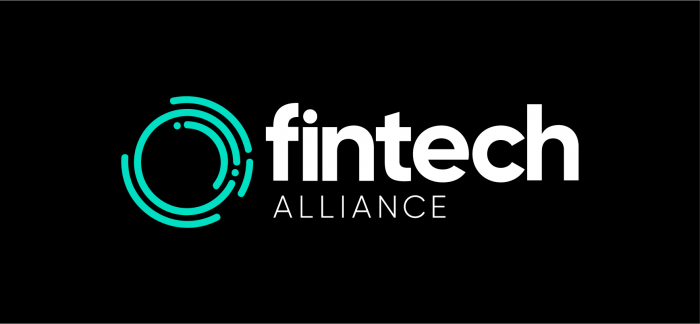In our recent white paper 'Technology Trends in Financial Services 2022', we explained the importance of software engineering for gaining a competitive advantage in the industry. Since the start of the year, a lot has occurred on a macro level strengthening our belief that modern financial services must be based on a solid technical foundation to deliver the user experiences and business reliability needed for commercial success.
We see the role of the underlying technology (away from the customer-facing products) as being critical in enabling success in fintech in two main ways:
- Building customer trust - by guaranteeing operational resilience and optimal availability of fintech systems
- Exceptional user experience - rapid development of features facilitated by a tech stack that just works
In this follow-up article, we will dive deeper into how your choice of tech stack impacts your business outcomes and share some guiding principles on software engineering in the financial services space.
What are the desirable characteristics of a fintech system?
Let's first look at some of the non-negotiable must-haves of a tech stack if you are involved in a fintech development project.
A seamless customer experience
Many projects fail in the fintech space due to focusing only on an application's user interface. This short-sighted view doesn't consider the knock-on effects of predicted (user growth) or unpredicted changes (like the pandemic lockdowns). For instance, your slick customer interface loses a lot of its shine when it's connected to a legacy backend that is sluggish in responding to requests.
Key point: When it comes to modern financial services, customers expect real-time, seamless and intelligent services and not clunky experiences. To ensure you deliver this, you need predictable behaviour under heavy loads and during usage spikes, resilience and fault-tolerance without the associated costs sky-rocketing.
Technology that enables business agility
Financial services is a fast-moving industry. To make the most of emerging opportunities, whether as an incumbent or fintech-led startup, you need to be agile from a business perspective, which is bound to tech agility. With the adoption of open-source technology on the rise in FS, we're starting to see the benefits of moving away from proprietary tech, the risk of vendor lock-in, and the obstacles that can create. When you can dedicate more resources to shipping code without being constrained and forced into unfavourable trade-offs, you're better positioned to cash in on opportunities before your competitors.
Key point: You want a system that is easy to maintain and understand; this will help with onboarding new developers to the team and focusing resources where they can make the most impact.
Tech stacks that use fewer resources
Designing for sustainability is now a key consideration for any business, especially in an industry under the microscope like financial services. The software industry is responsible for a high level of carbon usage, and shareholders and investors are now weighing this up when making investment decisions. As funding in the tech space tightens, this is something that business leaders need to be aware of as a part of their tech decision-making strategy.
CTOs and architects can help by making better choices in technologies. For instance, using a BEAM-based language can reduce the physical infrastructure requiring just one-tenth of the servers. That leads to significant cost reductions and considerable savings in terms of carbon footprint.
Key point: Minimising costs is important, but sustainability too is now part of the consideration process.
System Reliability and availability
A robust operational resiliency strategy strengthens your business case in financial services. We’ve learnt from the stress placed on systems caused by spikes in online commerce since the pandemic is that using technologies that are proven and built to deal with the unpredictability of the modern world is critical.
One thing sure to damage any FS player, regardless of size, is high-profile system outages and downtime. This can cause severe reputation damage and attract hefty fines from regulators.
Key point: Your fintech system must be fault-tolerant, able to handle spikes in traffic and always be available and scalable.
In Summary
We can conclude that what is needed for success in fintech is a real-time, secure, reliable and scalable system that is easy to maintain and cost-efficient. Furthermore, you need a stack that lets your developers ship code and release new products and features quickly.
With a reliable, easy-to-maintain code base, your most valuable resource (your tech talent) will be freed up to concentrate on delivering value and competitive advantage that delivers to your bottom line.
We will be an events partner with Fintech Week London again this year discussing the latest in fintech trends at CodeNode in Central London on 12 July from 6 pm.








